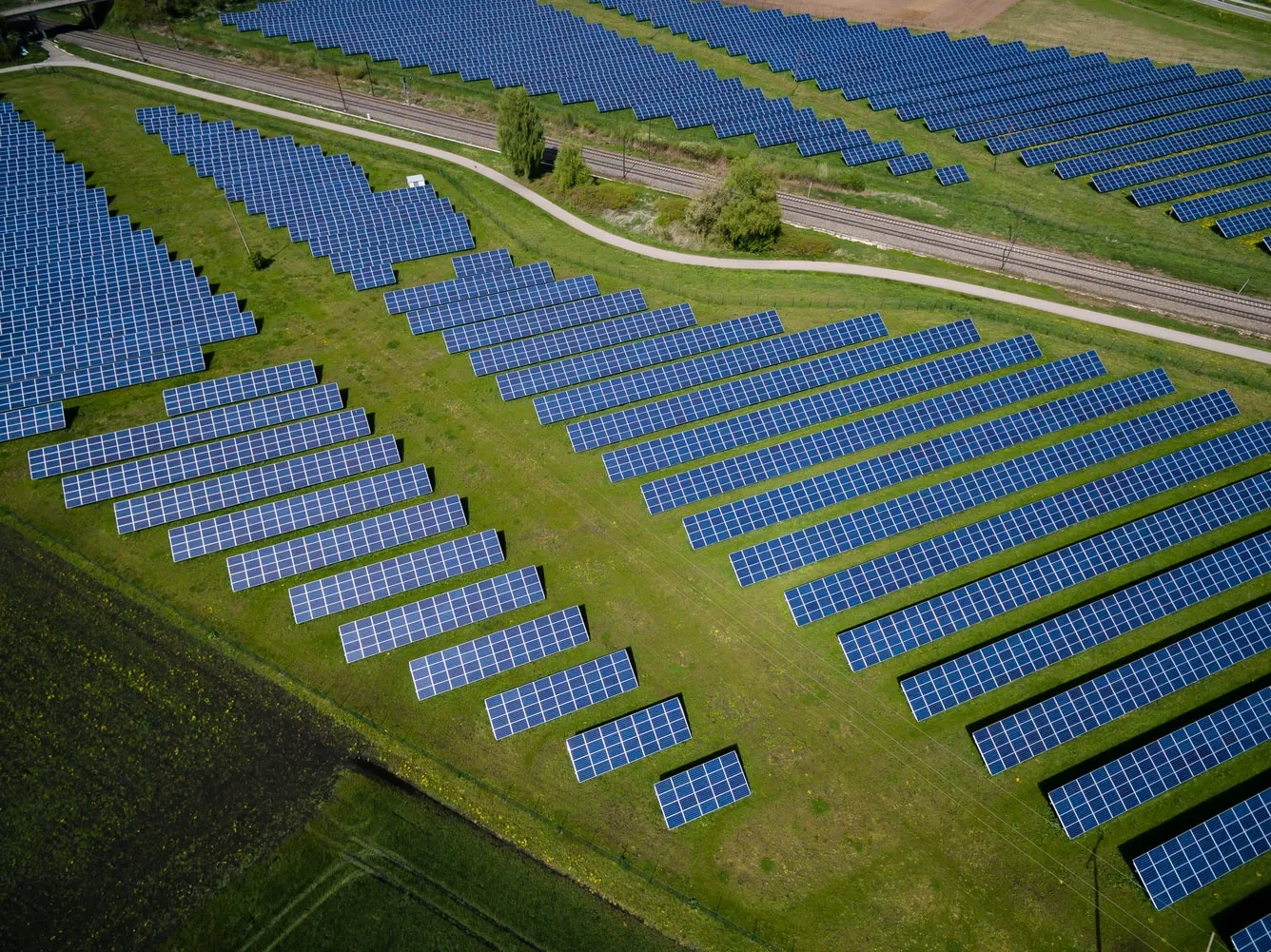On April 16th, the EAI attended a panel discussion titled “Maintaining Competitiveness while Advancing the Net-Zero Transition” hosted by the Institute for International and European Affairs (IIEA). The panel consisted of senior officials from the EU Commission namely Matthew Baldwin (DG Energy) and Jacob Werksman (DG Climate Action).
While the conversation covered a broad number of topics such as European industrial competitiveness, climate diplomacy and future ambition, Ireland’s latest draft NECP featured heavily.
From the outset, Baldwin clearly stated that the draft updated NECP is insufficient to meet Ireland’s energy and climatic obligations and went on to name-check the various EU commitments which Ireland is not on track to achieve such as the Effort Sharing Regulation (ESR), recast Energy Efficiency Directive (EED) and ending fossil fuel subsidies.
On the recast EED, Baldwin outlined that greater detail is needed in the finalised NECP to set out how Ireland will achieve both its primary and final energy consumption targets. This correlates with EU Commission view set out in its detailed recommendations and factsheet. Mirroring the Commission, Baldwin expressed the need for the Irish government to provide greater detail in the number and type of alternative measures it seeks to pursue to achieve the 2030 target.
Initial conclusions from yet to be published research commissioned by the EAI indicates that the Energy Efficiency Obligation Scheme (EEOS) has been successful in contributing to Ireland’s EED targets, achieving approximately 60% of Ireland target for the period 2014 to 2020. However, factors such as inflation, limited numbers of eligible housing stock, shortages of both materials and labour will limit its continued success into the future.
As part of the same research project, the EAI has collated a range of alternative measures that the Irish government could consider implementing to reach Ireland’s EED targets. These alternative measures cover a broad number of sectors with some already in place but not counted towards Article 8 contributions.
As Ireland seeks to achieve its EED targets, EAI believes that implementing a series of alternative measures as part of our 2030 EED ambitions will offer the most cost-effective method of complying with this directive. However, as ever, the devil is in the detail.

